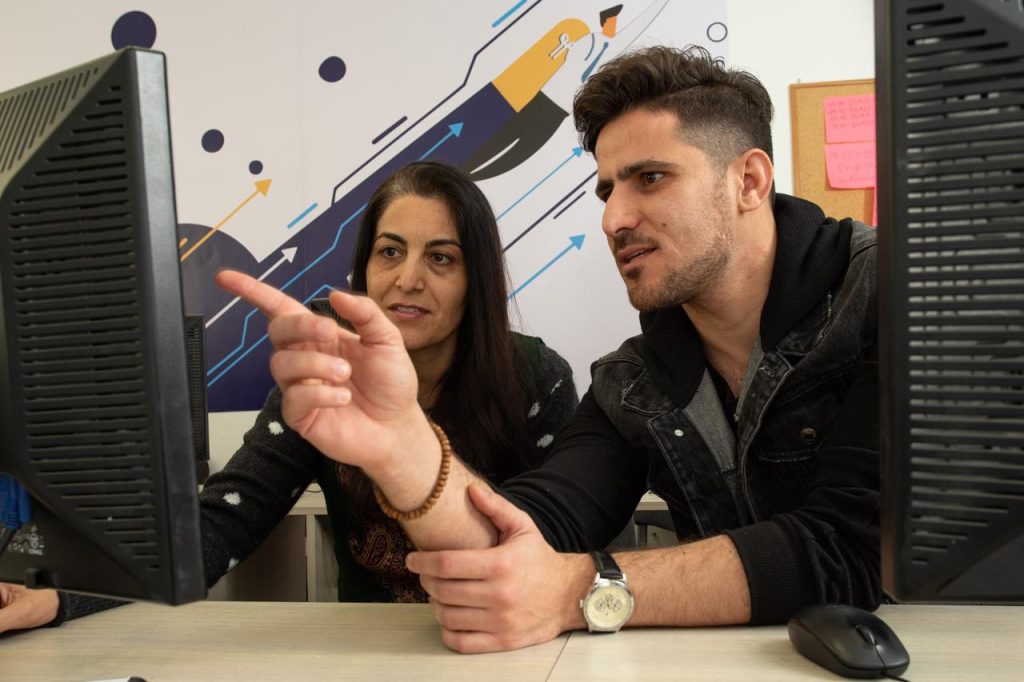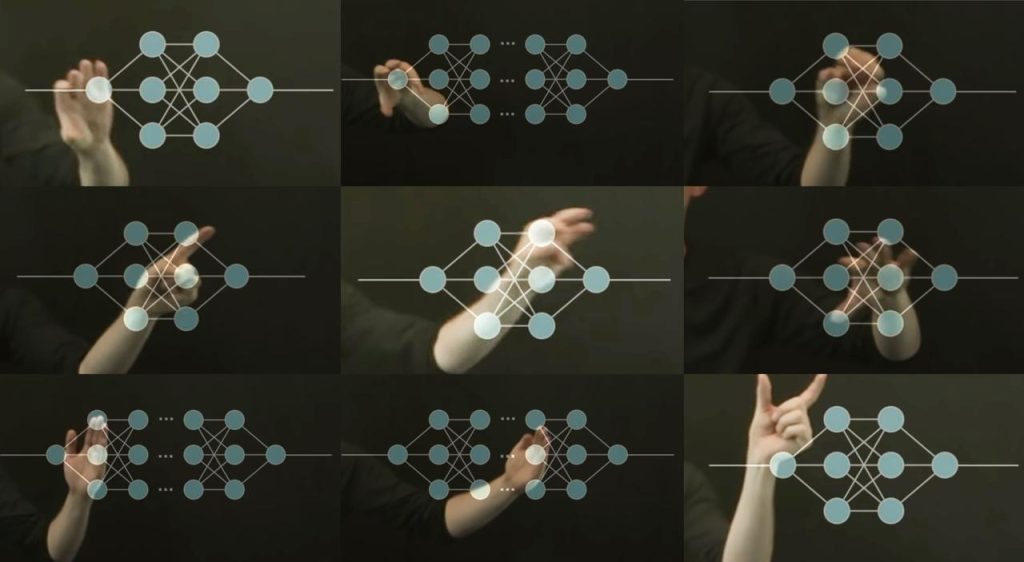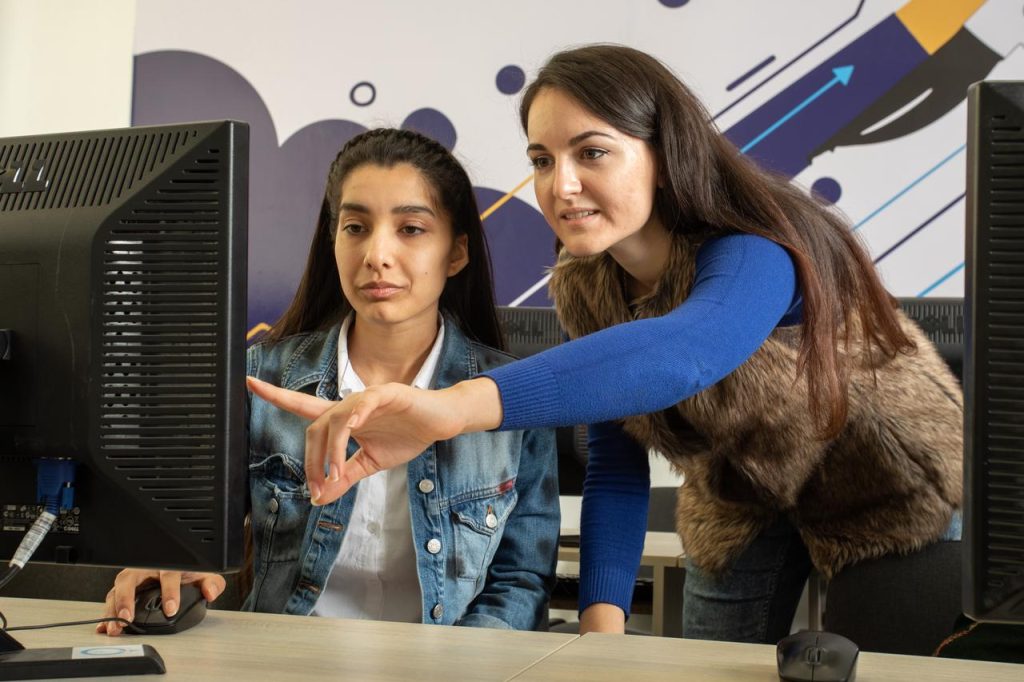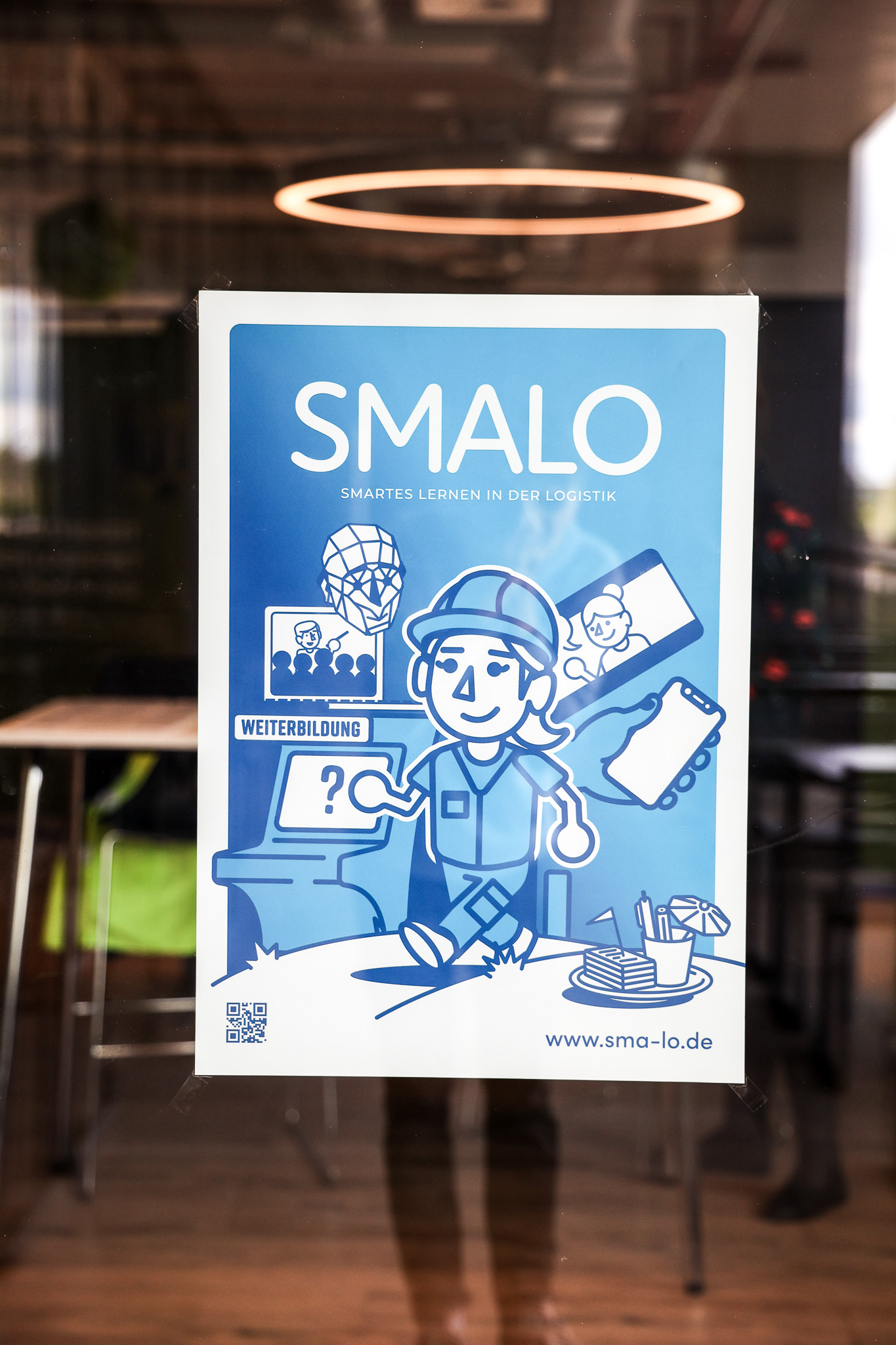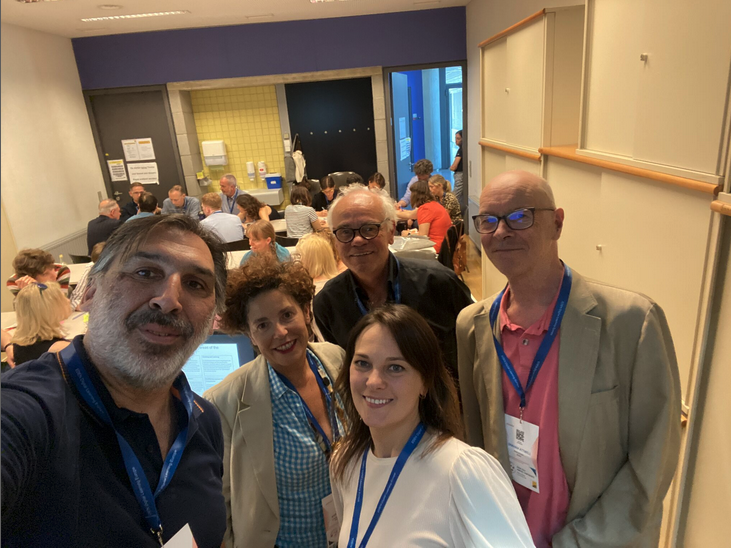- By
- 0 comments
How are jobs sensitive to AI doing: an update
Nacho Kamenov & Humans in the Loop / Better […]
- By
- 0 comments
The Digital Native Myth: A Story of Evolution
Remember when people started talking about “digital natives” […]
Hypothetical Automata?
I liked this from the MIT Technology Review: Artificial […]
- By
- 0 comments
AI Procurement: key questions
Alexa Steinbrück / Better Images of AI / Explainable […]
University of Bremen informs: Smart learning in logistics
In the “Uni Bremen informs” series, we report on […]
AI Pioneers Workshops at the AI conference of the NABIBB and the Bavarian Adult Education Association e.V.
The Institute Technology and Education (ITB) from the University […]
- By
- 0 comments
AI Pioneers Action Lab at the EDEN Digital Learning Europe Conference in Graz
Last week at the EDEN Digital Learning Europe […]
- By
- 0 comments
Are GenAI codes of ethics dangerous?
Yasmin Dwiputri & Data Hazards Project / Better Images […]

